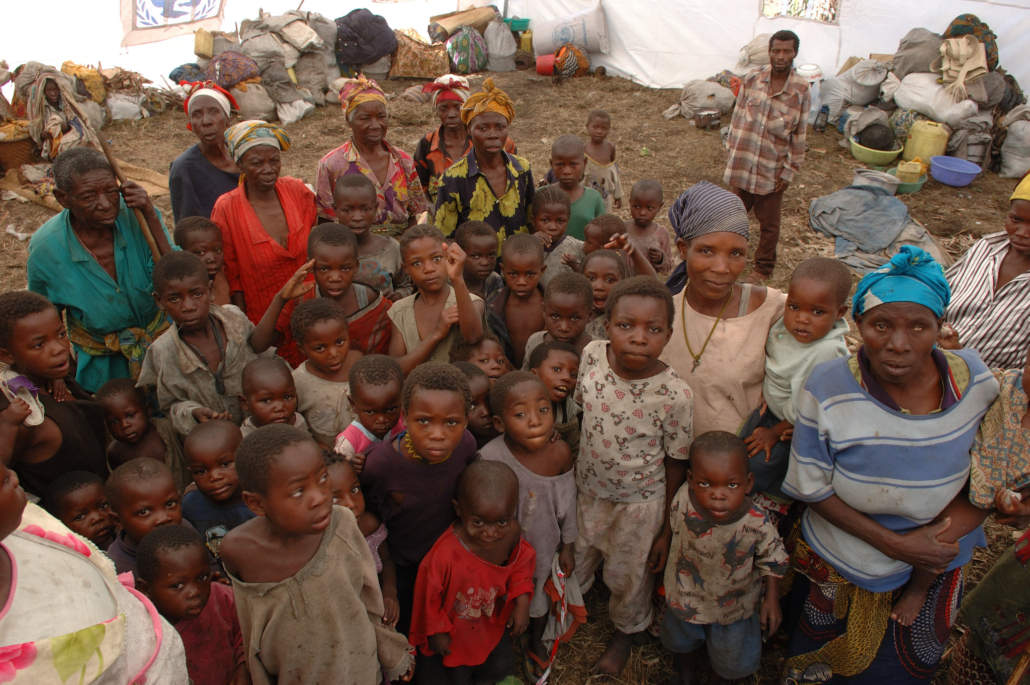Assessing Humanitarian Aid Needs

Humanitarian aid is vital and often life-saving assistance provided to those most in need. Both humanitarian aid, which is emergency assistance, and development aid, which focuses on the long-term, are key to lifting people out of poverty. The primary motivations behind humanitarianism include the alleviation of suffering, preservation of dignity and the saving of lives. Also, there are four principles that guide humanitarian aid. These include neutrality, humanity, independence and impartiality.
As things stand, traditional forms of humanitarianism have not taken into account the specific needs of aid recipients. As a result, those impacted often do not receive the support that they need. This not only results in a waste of time and resources but can also lead to mistrust of aid organizations among aid recipients. “The support they provide doesn’t help much at all. People don’t want any more rice and lentils. There is no more land to live on. We need better support,” said a community leader in Bangladesh.
With around 274 million people around the world needing humanitarian assistance and protection in 2022, which represents the highest figure in decades, the need for humanitarian reform has never been greater.
How Ground Truth Solutions Envisions Reformed Humanitarian Aid
In 2012, Ground Truth Solutions originated, with a view to reforming the humanitarian system and encouraging humanitarian organizations to implement a needs-based response. Ground Truth envisions “a humanitarian system that fully recognizes the agency of the people it exists to serve, and is responsive to their views, preferences and needs.”
Ground Truth Solutions has developed a methodology that uses feedback from impacted communities to hold accountable humanitarian aid providers. Its aim is to reform the humanitarian system toward a needs-based response, tailored to the specific needs of affected people. Therefore, community feedback is key in terms of designing the humanitarian aid program and ensuring that delivery is efficient and effective.
Ground Truth Solutions identified several problems with the way in which the humanitarian system functions. Aid recipients are unable to participate in decisions that impact humanitarian response, meaning that they are unable to tailor aid to fit their needs. Also, they are often unaware of the source of aid. As a result, the most vulnerable feel that the humanitarian system leaves them out or forgets them due to favoritism, or that they do not receive proper aid due to poor management and opaque decision-making.
One respondent said, “The distribution is unfair. Well-off people are getting support while poor people like us never get anything.” At the same time, humanitarian organizations are touting policies that place “people at the center,” while there are complaints about the lack of transparency.
Effective Needs-based Humanitarian Aid Response
The origin of Ground Truth Solutions was to help those experiencing humanitarian disasters. Designing an effective humanitarian response based on the views and needs of those affected, the organization uses a mixed methodology of polls, interviews and questionnaires to hear directly from the people. Using pre-existing metrics such as the Core Humanitarian Standard, which espouses agreed-upon standards such as participation, effectiveness, agency, trust, respect and information, Ground Truth Solutions ensures that the humanitarian system is representative of the needs of those it aims to serve.
The organization also ensures a coordinated response across all levels and works in partnership with humanitarian actors across a variety of themes such as cash-based assistance, climate change adaptation and health.
Ground Truth Solutions has programs across Africa, Asia and Europe, which it tailors to the specific country context. However, broadly, the programs follow the below structure:
- Analysis of the context and strategic goals of the current humanitarian response.
- Annual perception surveys, which ask people how they experience and view the humanitarian response.
- Development of related indicators that are included in response monitoring and evaluation.
- The quantitative follow-up to analyze findings.
- Continued dialogue with affected people and humanitarian groups to ensure action is taken based on feedback.
- Documentation of the process for global advocacy.
Looking Ahead
Ground Truth Solutions has set the ball rolling for the reform of the humanitarian system. However, as Nick van Praag, founder of the organization, has recognized, this is not an overnight process. “Accountability players, like Ground Truth Solutions, have a role but responsibility must be collective and should include all those with the power, resources and operational rationale to make the difference.”
– Ottoline Spearman
Photo: Flickr
